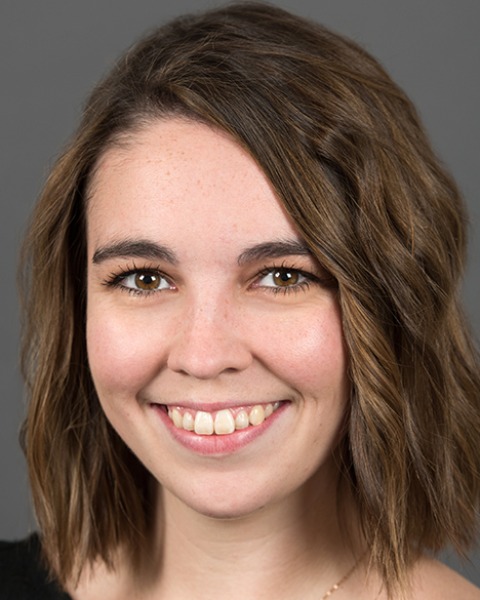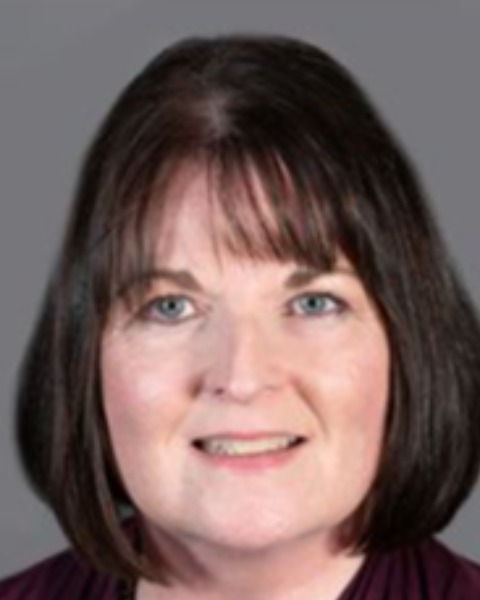Research (R)
PP1319 - Factors Influencing Improvements in Auditory Processing Test Results Over Time
- CE
Cheryl Edwards, AuD (she/her/hers)
Audiologist
Boston Children's Hospital
Waltham, MassachusettsFinancial Disclosures: I do not have any relevant financial relationships with anything to disclose.
Non-Financial Disclosures: Current Chair of the AAA Student Affairs and Academic Standards Council 
Natalie Hayes, AuD (she/her/hers)
Audiologist
Boston Children's HospitalFinancial Disclosures: I do not have any relevant financial relationships with anything to disclose.
Non-Financial Disclosures: I do not have any relevant non-financial relationships with anything to disclose.
Mary Shannon Hamill, Au.D. (she/her/hers)
Audiologist
Boston Children's Hospital
Lexington, MassachusettsFinancial Disclosures: I do not have any relevant financial relationships with anything to disclose.
Non-Financial Disclosures: n/a
Lead Presenter(s)
Presenter(s)
Contributor (Not Presenting)(s)
The central auditory processing system is not fully mature until children are about 12 years old. Some children who score below the normal range prior to age 12 will "catch up" to their peers, and their test results will ultimately be in the normal range. For others, their test results never improve enough to meet the current norms for their age. We investigate if there are factors which can predict which group a child may fall into - the group where the children "grow out" of their auditory processing disorder or the group with persistent auditory deficits on testing.
Summary:
Rationale: The central auditory processing system is not fully mature until children are about 12 years old. Some children who score below the normal range on tests of auditory processing (AP) prior to age 12 will "catch up" to their peers through the maturation of the central auditory system, and their test results will ultimately be in the normal range. For other children, their test results never improve enough to meet the current norms for their age, and their central auditory processing challenges persist. We wish to investigate if there are factors which can predict which group a young child may fall into - the group where the children "grow out" of their auditory processing disorder or the group with persistent issues into adulthood.
Methods: We have an IRB-approved auditory processing research repository into which families consent to being included. We have a cohort of about 40 children who were diagnosed with an auditory processing disorder (APD) and then returned for a reevaluation later. We will describe differences between the group of individuals who improved and those that did not, to include: age at 1st evaluation, age at resolution of AP or age at subsequent evaluation(s), which tests in the battery were below normal at each visit, how many tests were below normal, how far were the scores below the normal cutoff for age at the first evaluation versus the second evaluation, comorbidities (ADHD, history of otitis media, family history of APD, anxiety, dyslexia), use of strategies/accommodations/auditory training since the first evaluation, and gender.
Results &
Conclusions: Data analysis is ongoing and is anticipated to be complete by February 15, 2023. Our hypothesis is there are differences between these two groups.
Importance of Work: While there are a number of articles in the research about improvements in auditory processing with auditory training, information about variables what exist within the maturational process is lacking. The aim is to provide helpful information which could be used in counseling families in the future.
Innovation: Patterns with similar clinical presentation frequently arise in the evaluation of auditory processing. Currently, no measurable evidence of correlation between clinical presentation and eventual outcome has been established to distinguish between the two cohorts of children whose data we are studying: those who have persistent auditory processing deficits and those whose test results improve over time to within normal limits. It is our goal to uncover and present predictive factors that may exist to improve our practice of patient-centered care.
Learning Objectives:
- Upon completion, participants will identify at least two factors which indicate that an auditory processing disorder may be likely to resolve as a result of maturation of the auditory system.
